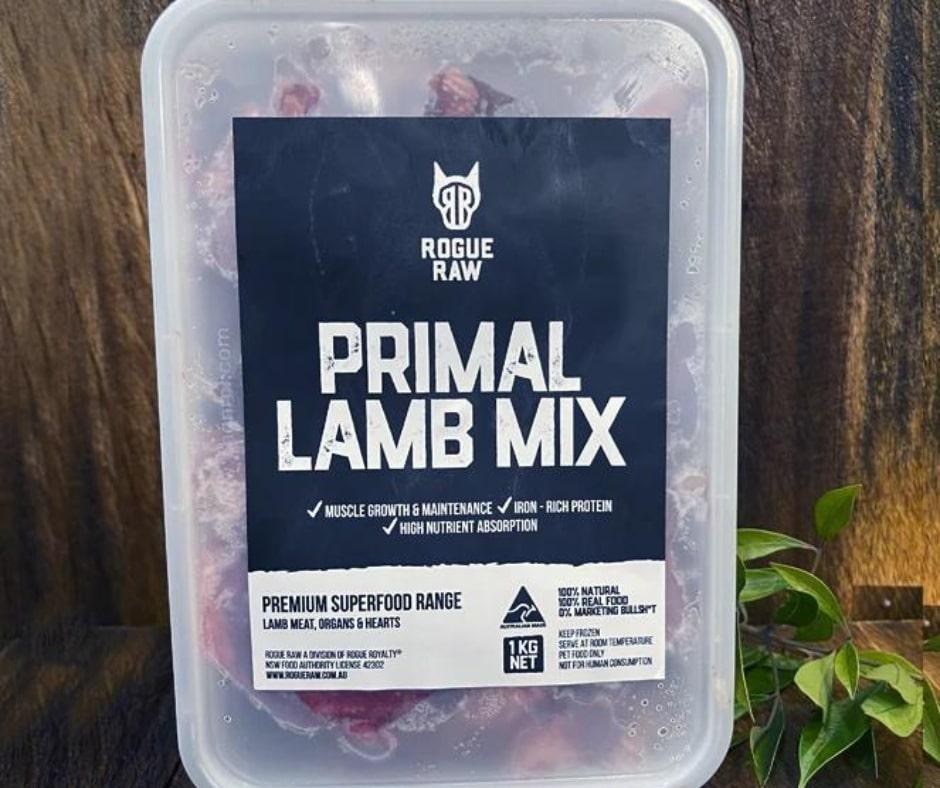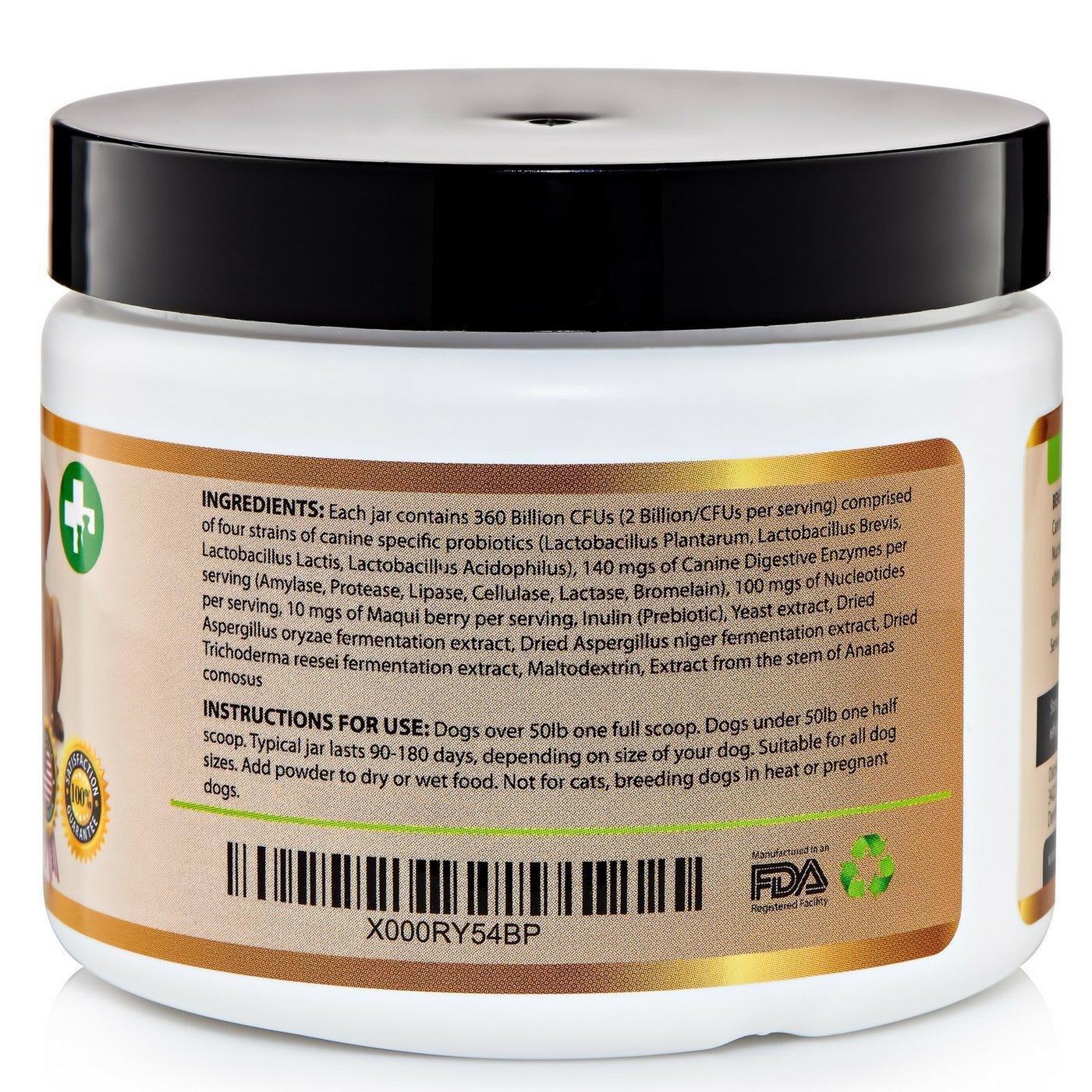Ensuring your furry friend has a happy, healthy gut is an essential part of pet ownership. Just like humans, dogs can experience digestive issues that affect their overall well-being. One increasingly popular way to support canine digestion is through probiotics. These beneficial bacteria can help balance your dog’s gut flora, leading to improved digestion, enhanced immune function, and even a shinier coat. In this article, we will explore the best probiotics available for dogs, focusing on how they can aid digestion and promote overall health. Whether your dog is experiencing digestive discomfort or you’re simply looking to boost their gut health, this guide will provide you with the information you need to make informed decisions for your beloved pet.
Understanding Your Dogs Digestive Needs
When it comes to supporting your furry friend’s digestive health, choosing the right probiotics can make a significant difference. These beneficial bacteria help maintain a balanced gut flora, which is essential for your dog’s overall well-being. Here are some of the top probiotics to consider for your canine companion:
- Lactobacillus acidophilus: Known for its ability to enhance nutrient absorption and boost the immune system, this probiotic is a staple in many high-quality dog supplements.
- Bifidobacterium animalis: This strain is particularly effective in reducing diarrhea and improving stool quality, making it a popular choice for dogs with sensitive stomachs.
- Enterococcus faecium: Often used in veterinary medicine, it supports the digestive tract and helps combat harmful bacteria, ensuring a healthy gut environment.
- Streptococcus thermophilus: Aids in lactose digestion and can be beneficial for dogs that struggle with dairy products.
Incorporating these probiotics into your dog’s diet can promote a healthier digestive system and enhance their overall vitality. Always consult with your veterinarian to determine the best probiotic regimen for your pet’s specific needs.

Exploring Top Probiotic Strains for Canine Health
- Lactobacillus acidophilus: Known for its ability to help break down food and absorb nutrients more effectively, this strain can enhance your dog’s digestive health by maintaining a balanced gut flora. It may also help reduce diarrhea and improve stool quality.
- Bifidobacterium animalis: This strain is often praised for its potential to improve the digestive system’s efficiency and is particularly beneficial for dogs with sensitive stomachs. It aids in reducing bloating and gas, ensuring your furry friend feels comfortable and happy.
- Lactobacillus rhamnosus: Ideal for dogs that experience stress-induced digestive issues, this strain can boost the immune system and promote a healthier digestive tract. It is often used to help alleviate symptoms of irritable bowel syndrome in canines.
- Enterococcus faecium: A resilient strain that can thrive in the harsh environment of the stomach, it plays a significant role in the prevention of harmful bacterial growth. This strain is especially useful for maintaining gut health during and after antibiotic treatments.
- Bacillus coagulans: Known for its spore-forming ability, this strain is exceptionally durable and can survive the digestive process to deliver benefits directly to the intestines. It’s effective in managing diarrhea and improving overall gut health.
Incorporating these strains into your dog’s diet can lead to improved digestion, better nutrient absorption, and a more robust immune system. Always consult with a veterinarian before introducing any new supplements to ensure they are suitable for your dog’s specific health needs.
Choosing the Right Probiotic Supplement for Your Dog
When selecting a probiotic supplement for your furry friend, it’s essential to consider several key factors that will ensure you’re making the best choice for their digestive health. Look for products that specify the strains of bacteria they contain. Certain strains like Lactobacillus acidophilus and Bifidobacterium animalis are known for their beneficial effects on canine digestion.
- Live and Active Cultures: Check for supplements that guarantee a high number of live and active cultures, often indicated by colony-forming units (CFUs).
- Formulation: Opt for a formulation that suits your dog’s preferences and lifestyle, whether it’s a powder, chewable, or capsule.
- Quality and Safety: Ensure the product is made by a reputable manufacturer and has been tested for safety and efficacy.
Additionally, consider consulting with your veterinarian to tailor the choice to your dog’s specific needs, particularly if they have existing health conditions. This ensures a personalized approach to enhancing their digestive well-being.
Tips for Introducing Probiotics to Your Dogs Diet
When introducing probiotics into your dog’s diet, it’s essential to proceed with care and attention. Start by consulting your veterinarian to ensure you’re choosing a product that aligns with your dog’s specific health needs. Begin with small doses and gradually increase the amount over a week or two, allowing your dog’s digestive system to adjust smoothly.
- Choose a high-quality probiotic: Look for products that specify the strains and CFU count (colony-forming units), ensuring you’re providing beneficial bacteria.
- Mix with their regular food: Blend the probiotics with your dog’s usual meals to make the transition seamless and encourage acceptance.
- Monitor their response: Keep an eye on your dog’s stool consistency and overall health. Any adverse reactions, such as diarrhea or vomiting, should be discussed with your vet.
It’s also a good idea to introduce probiotics during periods of stress, illness, or after antibiotic treatment to help maintain a balanced gut flora. Remember, patience and observation are key to successfully enhancing your dog’s diet with these beneficial microorganisms.

